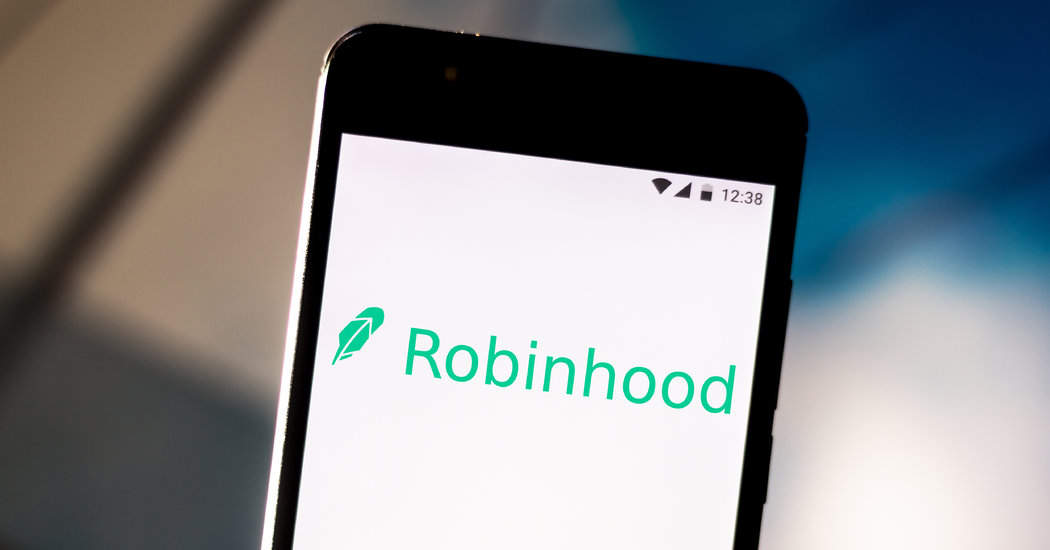As U.S. markets opened Monday morning, 30-year old engineer Vivek Sevak was prepared to cut his misfortunes.
The recreational trader had placed cash in a market-short trade exchanged fund, and was hoping to sell. Be that as it may, when he signed into his Robinhood account to make the trade, he found an error message. The stock-trading platform was down.
“It’s frustrating. You’re just sitting there, stuck on the sidelines,” Detroit-based Sevak told CNBC in a phone interview. “I had to watch those ETF prices go down and just eat the losses.”
Sevak was one of conceivably millions unable to execute trades on the Robinhood application on Monday. The online brokerage firm said it experienced a “system-wide outage” that kept going through the nearby. In the interim, the Dow Jones Industrial Average posted its greatest percentage gain in over 10 years.
“We are working to resolve this issue as soon as possible,” the company said in a message to clients Monday. With an hour left in the trading day, Robinhood said the issue had been “identified and a fix is being implemented.” As of 10 p.m. ET Monday, the platform was still down.
Sevak was not the only one. A significant number of Robinhood’s 10 million clients took to Twitter and Reddit to blast the start-up. Some said they would leave the platform, while others undermined a legal claim.
Lawfully, Robinhood may have ensured itself through a 44-page client agreement form. By clicking “I agree” when signing up for the application, clients agree to these potential misfortunes — regardless of whether they don’t read past the first line.
“For the customers, it’s most likely tough luck,” said James Angel, associate professor at Georgetown’s McDonough School of Business. “This won’t stop the class-action lawyers from launching nuisance lawsuits, however.”
On the fifteenth page of the agreement, Robinhood outlines that it won’t be liable for “temporary interruptions in service due to maintenance, Website or App changes, or failures” and isn’t at risk for stretched out interferences because of failures “beyond” the organization’s control. That incorporates computer viruses, “forces of nature,” labor disputes and “armed conflicts.”
“Robinhood does not warrant that these channels will be available and error-free every minute of the day,” according to the document.
Amber Wilson is working in England as a medical doctor. She has deep knowledge about medication, health, how to live well and genetics. She writes articles about that medication field as a part-time service which is required to needy people.
Disclaimer: The views, suggestions, and opinions expressed here are the sole responsibility of the experts. No Thinker Now journalist was involved in the writing and production of this article.
